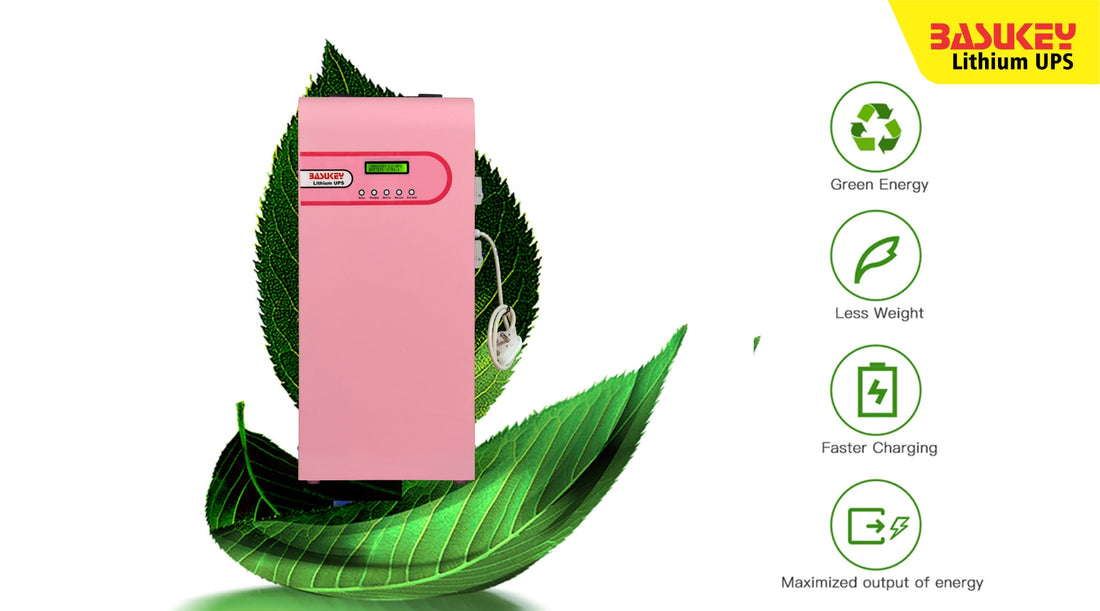
Less Waste, More Power: The Eco-Advantage of Lithium UPS
Share
When it comes to powering critical systems, efficiency and sustainability are key considerations. One solution that is gaining traction in the industry is the Lithium Uninterruptible Power Supply (UPS). But what exactly makes Lithium UPS systems more eco-friendly than traditional alternatives?
Reduced Waste, Increased Lifespan
Lithium UPS systems have a longer lifespan compared to traditional lead-acid batteries, reducing the frequency of replacements and ultimately decreasing waste. With a lifespan that can be up to three times longer, Lithium UPS systems not only reduce the environmental impact of disposal but also minimize the resources needed for manufacturing and transportation.
Energy Efficiency at its Best
One of the key advantages of Lithium UPS systems is their superior energy efficiency. These systems boast an efficiency rate of up to 98%, significantly higher than traditional UPS systems. This means less energy is wasted during the power conversion process, resulting in lower electricity consumption and reduced carbon emissions.
Compact and Lightweight Design
Lithium UPS systems are known for their compact and lightweight design, taking up less space and requiring fewer materials for installation. This not only makes them easier to transport and install but also reduces the overall carbon footprint associated with their deployment.
Fast Charging and Discharging
Another eco-friendly feature of Lithium UPS systems is their fast charging and discharging capabilities. This rapid response time allows for quick adjustments to power demands, optimizing energy usage and reducing the overall environmental impact of power generation.
Conclusion
With their longer lifespan, higher energy efficiency, compact design, and fast charging capabilities, Lithium UPS systems offer a compelling eco-friendly solution for powering critical systems. By choosing Lithium UPS, businesses can not only enhance their operational efficiency but also contribute to a more sustainable future.
